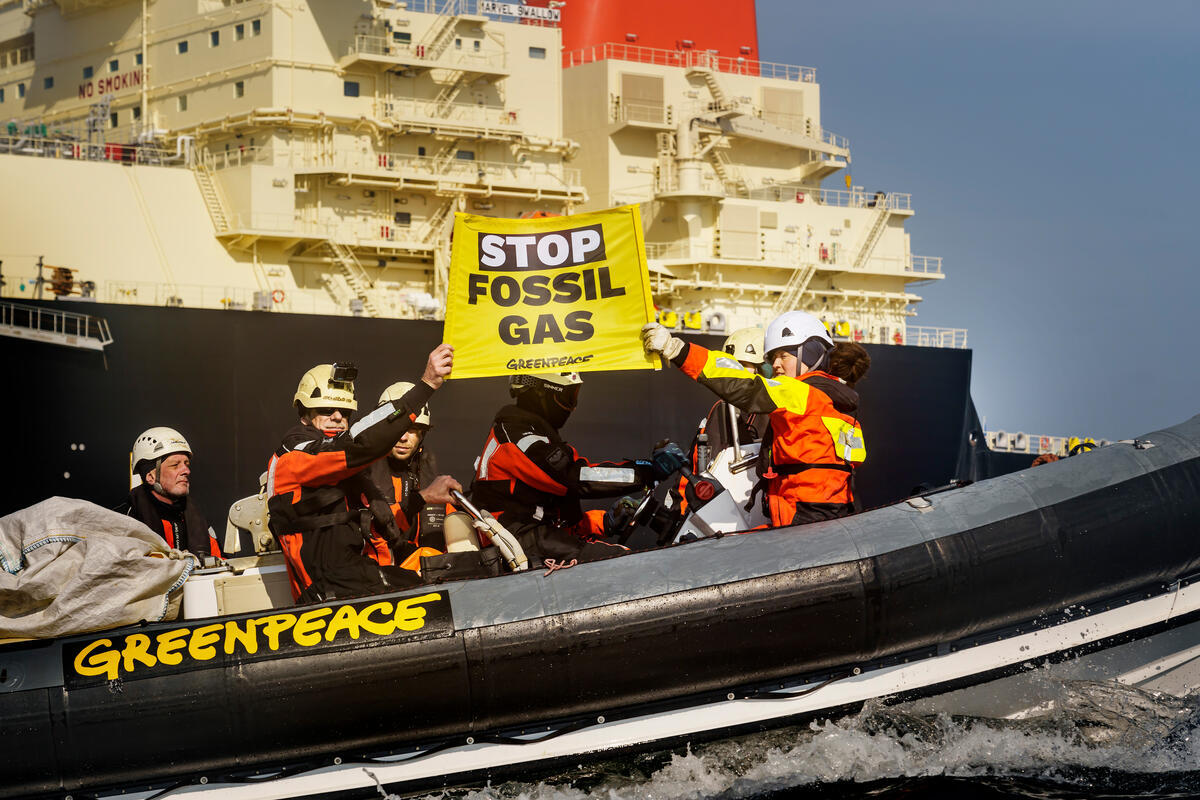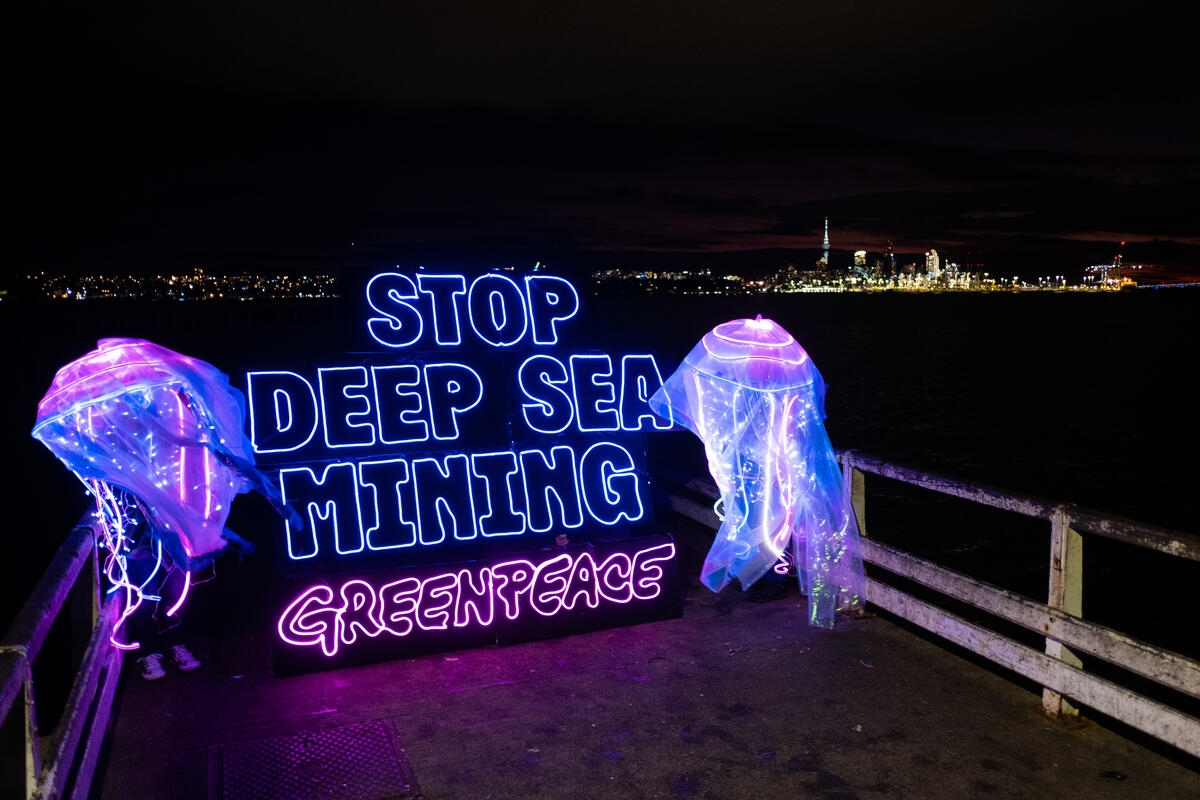The current way of managing the high seas puts short-term corporate interests before the long-term health of our oceans. Unless action is taken to restore and protect the health of our oceans, they will be unable to sustain life on Earth.
Unfortunately, much more emphasis has been put on the “right” to plunder the oceans than on the responsibility to protect them, creating a “Wild West” approach to oceans management. If you want to fish, drill or mine the high seas, there are organisations and processes that enable you to do so. But if you want to protect the high seas – by creating a marine reserve to protect a fragile coral reef, for example – there is simply no clear way to do so. It is very difficult or even impossible at the moment to create marine reserves, let alone monitor and control them, in most high seas areas.
To bring about the end of the oceans “Wild West”, governments and industries must recognise the need to use the oceans responsibly, and that by managing their activities effectively they can ensure healthy and productive oceans for generations to come. A new agreement that protects life in the oceans and ensures sustainable use is urgently needed. This is why Greenpeace is demanding a high seas biodiversity agreement under UNCLOS. Only a global agreement can provide a coherent and integrated approach in all areas beyond national jurisdiction.
The Need for a High Seas Biodiversity Agreement [PDF]
The Need for a High Seas Biodiversity Agreement is an update of Oceans Rescue Plan, published as part of Oceans in the Balance, which can be read online here.



